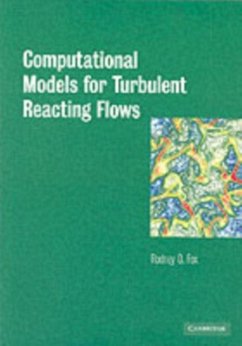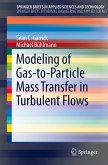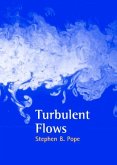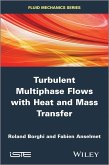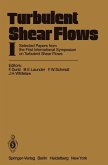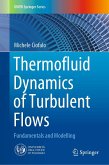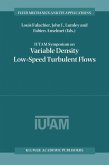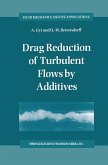This book presents the current state of the art in computational models for turbulent reacting flows, and analyzes carefully the strengths and weaknesses of the various techniques described. The focus is on formulation of practical models as opposed to numerical issues arising from their solution. A theoretical framework based on the one-point, one-time joint probability density function (PDF) is developed. It is shown that all commonly employed models for turbulent reacting flows can be formulated in terms of the joint PDF of the chemical species and enthalpy. Models based on direct closures for the chemical source term as well as transported PDF methods are covered in detail. An introduction to the theory of turbulent and turbulent scalar transport is provided for completeness. The book is aimed at chemical, mechanical, and aerospace engineers in academia and industry, as well as developers of computational fluid dynamics codes for reacting flows.
Dieser Download kann aus rechtlichen Gründen nur mit Rechnungsadresse in A, B, BG, CY, CZ, D, DK, EW, E, FIN, F, GR, HR, H, IRL, I, LT, L, LR, M, NL, PL, P, R, S, SLO, SK ausgeliefert werden.

